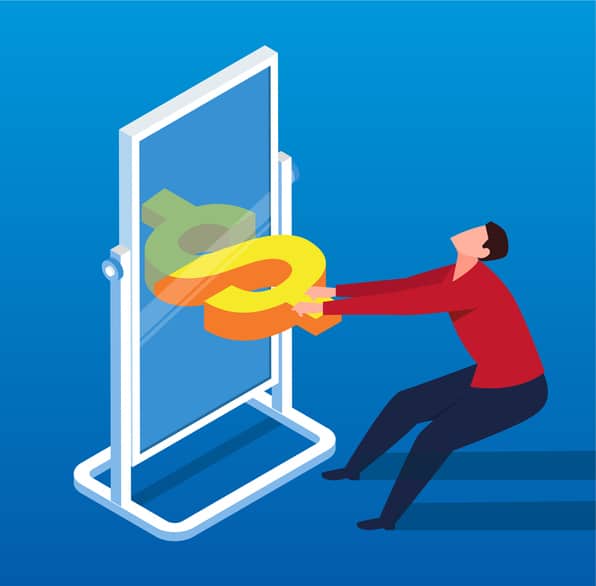The Asian Liquidity Stress Indicator (ALSI) climbed to its second weakest level, and the number of companies rated B3 and below continued to increase in the first quarter of 2020 following a surge of downgrades in Q1, said Moody's Investors Service.
These factors signal rising credit risks and potentially more distressed exchanges and defaults in the coming months, the rating agency added.
"The coronavirus disruption has added pressure to corporate earnings and liquidity profiles against the backdrop of slowing economic growth. During the first quarter we took 19 downgrade actions, and a further 7 through to 17 April," said Annalisa Di Chiara, a Moody's Senior Vice President.
"The majority of downgrades were in industries with high or moderate exposure to coronavirus disruption, such as auto, commodity related, property, retail and REIT," Di Chiara noted.
The ALSI climbed to 38.7% in March from 32.9% in February, approaching the all-time high of 38.9% in February 2019, with 58 of 150 Moody's-rated high-yield companies having weak liquidity, according to Moody’s.
With earnings contraction, rising refinancing risks and limited market access, the number of B3 and below rated companies also rose to 22 from 19 in December, of which Caa-rated corporates totaled 15, the rating agency pointed out.
Liquidity and access to capital markets have become key issues for many companies, with no rated high-yield issuance so far in April after a record $15.9 billion issued in the first quarter, said Moody’s, adding that issuance was largely concentrated in January from Chinese property developers.
China-based property companies account for 75% of the $178 billion of high-yield bonds that will mature by 2021, including rated and non-rated bonds, Moody’s observed.
High-yield companies that have already raised money or have large onshore liquidity are best placed, while weakly positioned companies will face tightening liquidity, limited market access and higher refinancing risks over the next 12 to18 months, potentially pushing defaults higher, the firm warned.




